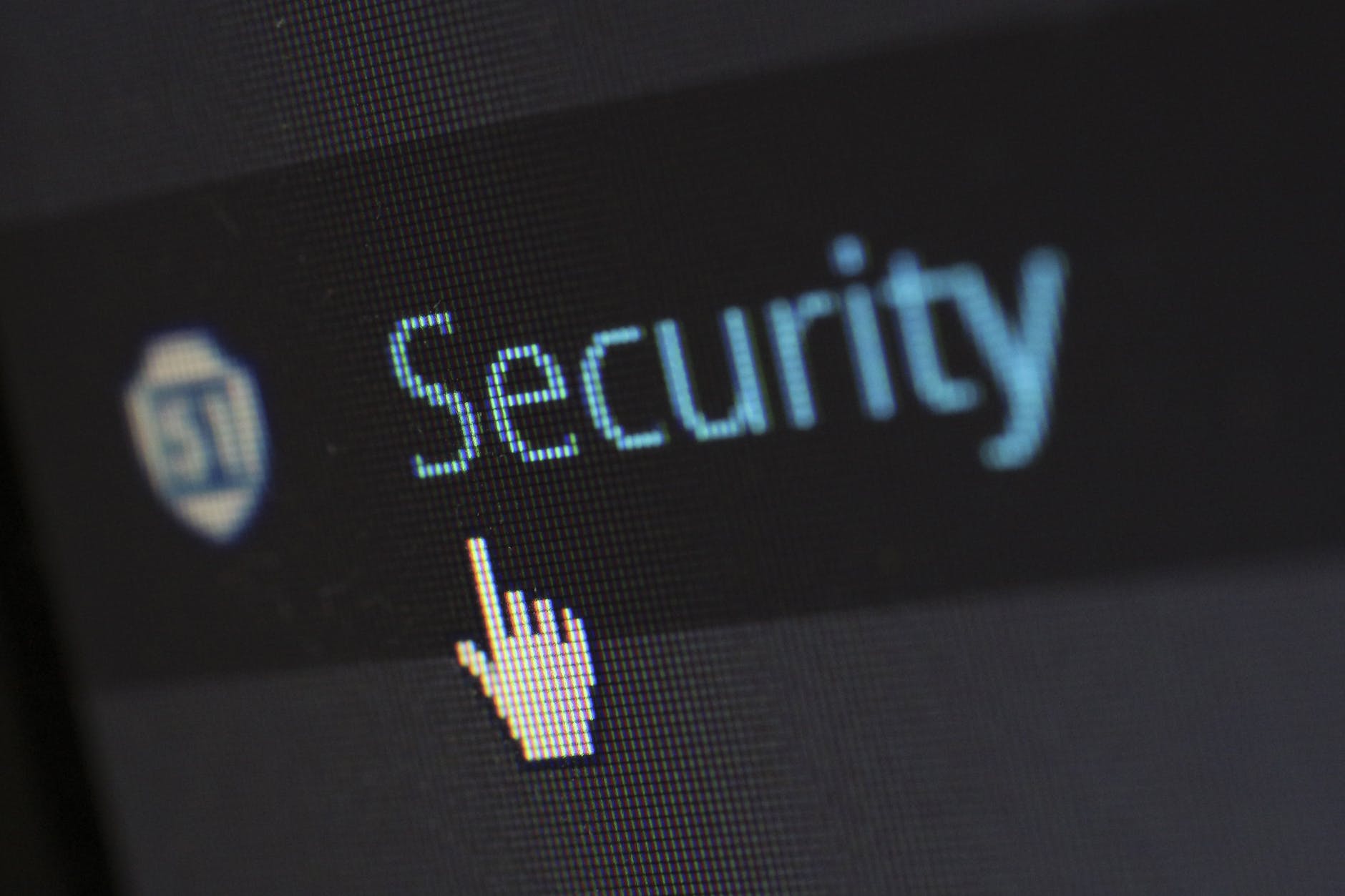
How Cyber Security is Relevant to Every Industry
Cyber Security is now a global issue, affecting industries and enterprises regardless of their size or niche. 2016 gave us reasons to realize how challenged we are with cybersecurity as hackers celebrated stealing valuable data and credentials, finding flaws in security systems, and victimizing businesses and individuals through phishing campaigns. The time is now to look into the seriousness of this issue and account cyber security as a central feature in all products and services being developed and commercialized.
In today’s era of Internet of Things, one could argue that this deep integration of technology in our lives makes us more vulnerable if it fails. From retail and finance to manufacturing and healthcare – every industry is at the gunpoint of security threats. Alarming is the fact that it is not just that the number of cybersecurity attacks is increasing, but the degree, or we say severity, of such attacks is on the rise as well. When Hillary Clinton’s private emails became front page news in the midst of her presidential campaign, the world knew that it’s not just the businesses, but we, as individuals, are equally at risk.
According to the 2017 IBM X-Force Cyber Security Intelligence Index report, the following are the top 5 industries that are most often targeted by cyber criminals in 2016.
Financial services: The financial services sector that has jumped two spots up to become the most-attacked industry in 2016. Since banks and financial service providers are involved with valuable client information – from bank account details and private financial information to client identities, they are a juicy target for hackers and cyber thieves.
Unencrypted data, foreign-sponsored attacks, insecure third party services, changed or manipulated data, Business Email Compromise (BEC) and other scams are some of the common cybersecurity threats faced by financial institutions.
Information and communications: The information and communications technology (ICT) sector took second place among the top five attacked sectors. Cyber thieves are increasingly exploiting the vulnerabilities in network and consumer devices and steal valuable personal and official data, which they can use to their advantage.
Exploitation of network, applications, removable storage, data, system, mobile device, and third-party vendor services are among the major security incidents in the ICT industry.
Manufacturing: Third on the list, the manufacturing industry covers companies like automotive, electronics, textile and pharmaceutical. The manufacturing industry is a tempting target for ransomware and malware. Cyber criminals also steal an organization’s intellectual property, committing corporate espionage or business sabotage.
Operational downtime, physical damage, product manipulation, theft of intellectual property and sensitive data are some of the cybersecurity risks to the manufacturing sector. Addressing these risks and the potential devastating consequences is critical for any company in the manufacturing industry.
Retail: As retailers maintain significant volumes of financial records and other personal information, such as credit card and Social Security numbers, cyber-attacks are often done with a motive to steal this information. The most common sub-sectors on the targets of cyber criminals in retail industry include: consumer product manufacturing, consumer services, food & beverage, in-store retail, and online/non-store retail.
Ransomware attacks, web app attacks, point-of-sale attacks, infusion of IoT, vulnerable networks, theft of consumer data or other financial data are common cyber threats in the retail industry, which stood fourth in the IBM 2017 report.
Healthcare: Featuring at the top in 2015, the Healthcare industry has rolled down to the fifth place in the list in 2016. Medical records in the US contain patients’ health insurance information, home address, phone number, social security number, medical history, emergency contacts, email address, and possibly driver’s license numbers and credit card details. This clearly explains why healthcare records are a top prize for cyber criminals.
Ransomware attacks and medical data trade on the dark web are some of the major threats to the healthcare industry. It is noteworthy that though on the fifth rank on our list, the healthcare sector continued to be beleaguered by a high number of incidents.
Based on the increasing amount of cybercrime, every industry should practice security fundamentals and engage in collaboration to learn best practices while sharing their findings and insights.
Cyber Security – Among The Fastest-Growing Industries In The World
In 2004, the global cybersecurity market was worth $3.5 billion and by 2017, it was projected to be $120 billion. This market will continue to grow, most likely on an exponential curve. More online users result into more security threats. The stakes are big and they are getting bigger.
Every industry needs skilled cybersecurity experts, and this need is not being met due to a major shortage of talent in the market. There are few qualified professionals out there equipped with the skill set to cater to all types of information-security issues and threats faced by organizations these days. This great problem translates into a great opportunity for IT professionals who vision a career as a security professional. To bridge this gap, IT professionals should develop strong cyber security skills by keeping up-to-date with security trends. The industries and enterprises should upgrade the skills of their cyber security and IT staff by training and certification as a short-term measure.
QuickStart - Best Place for Cyber Security Training
Securing and protecting an organization’s data and infrastructure requires a highly responsive and trained workforce. QuickStart is the place to start for all IT professionals interested in advancing their cybersecurity education. It helps security professionals to build skills and gain knowledge through its wide range of cyber security certification training programs to take the next step towards a bright future in a cybersecurity career.
The CompTIA Security+ online course is the certification globally trusted to validate foundational, vendor-neutral IT security knowledge and skills. It is a great pick if your job responsibilities include securing network services, devices, and traffic in your organization. After doing this course, you can confidently pass the CompTIA Security+ (Exam SY0-401) certification examination – making it an important stepping stone of an IT security career.
CompTIA Security+ is intended for students wishing to prepare for the CompTIA Security+ Certification Exam. Those with networking and administrative skills, familiarity with other operating systems, such as Mac OS X, Unix, or Linux, and those who want to advance their career in security program can choose the CompTIA Security course.
QuickStart is dedicated to transforming career growth by providing a personalized learning experience, high-impact mentoring and hand-on lab experience in different areas of Info Sec. Certified cybersecurity students from QuickStart have been hired by top technology companies around the globe.


